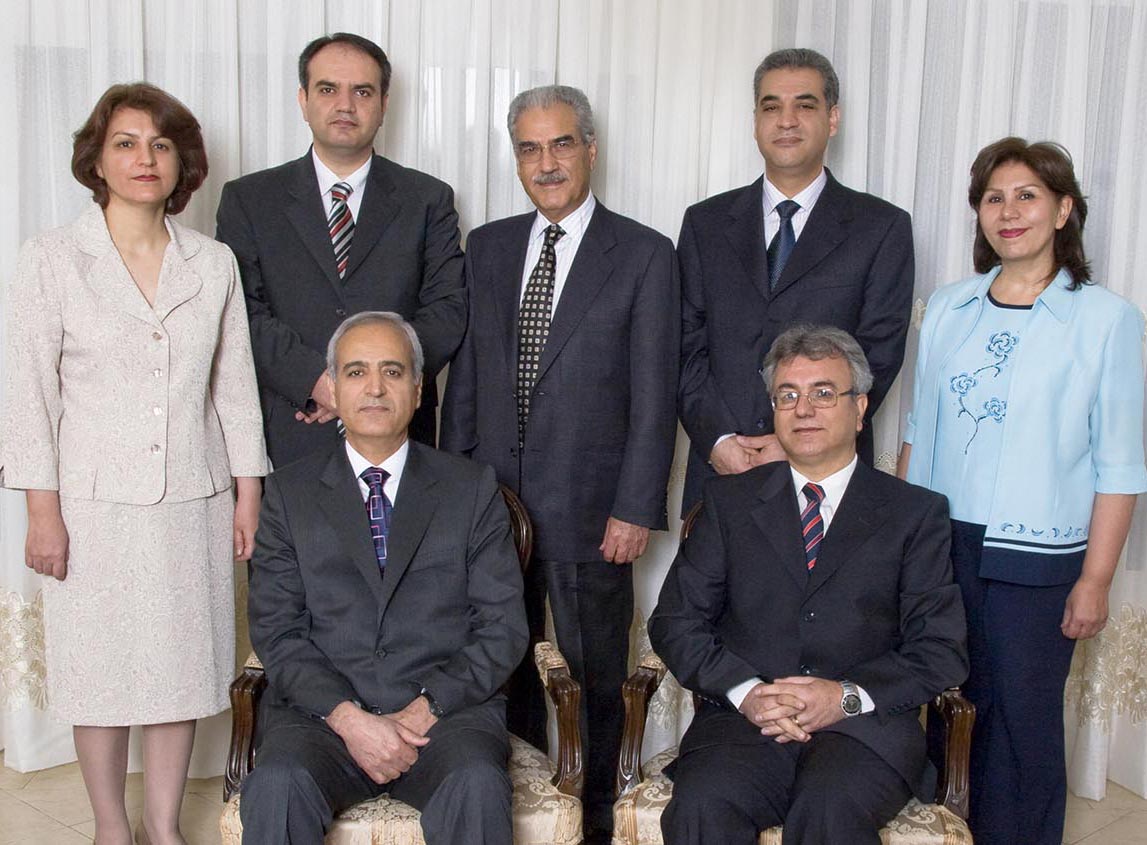
A statement by the Australian Government expressing its concern at the arrest of Baha’i leaders in Iran has been welcomed by the Australian Baha’i Community.
The statement, as published in the Sunday Canberra Times on 1 June 2008, said that the Government had raised its concerns about the treatment of the Iranian Baha’is with the Iranian Government and would “monitor the situation closely”.
“We are very concerned by news that six Baha’i leaders were arrested in Iran on 14 May 2008 and that the seventh member of the group, Mrs. Mahvash Sabit, has been in the custody of the Ministry of Intelligence since 5 March 2008,” a spokesperson for the Department of Foreign Affairs and Trade said in the statement.
“We are deeply concerned by the continuing discrimination and harassment of the Iranian Baha’is on the grounds of their religion – all persons have the right to adopt and practise a religion of their own choice,” the spokesperson said.
Australia now joins with the European Union, Canada and the United States in condemning the recent arrest of the seven members of the “Friends in Iran” group that coordinates the activities of the 300,000 Baha’is in Iran, that country’s biggest religious minority.
The families of those arrested have not heard from or seen them since the arrests. Some close relatives and friends of those arrested live in Australia.
Appreciation
The Baha’i Community welcomes the Australian Government’s statement, said a spokesperson for the Australian Baha’i Community, Tessa Scrine.
“We greatly appreciate Australia’s ongoing efforts to promote freedom of religion or belief and to encourage Iran to abide by its international human rights obligations,” Ms Scrine said.
“We are gravely concerned about these arrests which have occurred at a time of mounting persecution of Iranian Baha’is. This persecution, as made clear in the statement by the Australian Government, is based on the grounds of religious belief,” she said.
Vulnerable
Ms Scrine said the arrests have left the members of the peace-loving, non-violent Baha’i community of Iran more vulnerable.
“We understand that none of the prisoners have been given access to legal counsel, nor has there been any indication that charges have been formally laid against them. This situation understandably raises grave fears for the safety of the prisoners,” she said.
Executions
In the 1980s, eleven Baha’i leaders disappeared and their bodies never found. Many other Baha’is, including teenage girls, were executed by the authorities.
Iranian government documents made public by a United Nations official have since exposed a plan by the authorities to eliminate the Baha’i community of Iran. Pensions and property have been confiscated, cemeteries bulldozed, shops burnt, school children harassed, and Baha’i youth banned from university.
